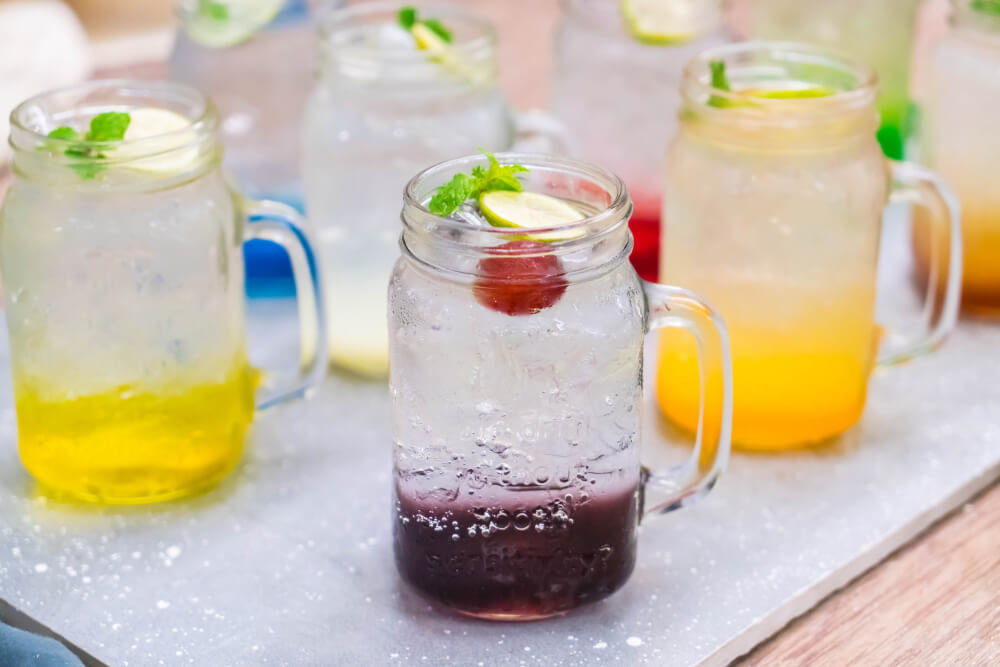Loverboy has made waves in recent years as a trendy beverage brand with an energetic and youthful image. Known for its low-calorie, sparkling hard teas and other refreshing drinks, the company has built a loyal following among younger consumers who want fun, flavorful, and health-conscious beverages. Many people are now wondering if the brand is still thriving or if it has faded away. In this article, we’ll explore the history, ownership, current status, competition, and the future of Loverboy to understand where the company stands today.
History of Loverboy
Loverboy was founded in 2018 by Kyle Cooke, who is well-known from the reality TV show Summer House. The brand was launched with a mission to provide better-for-you alcoholic beverages made with natural ingredients, no added sugar, and low calories. Loverboy started with sparkling hard teas and gradually expanded its product line to include canned cocktails and spritzers. Its marketing strategy heavily relied on social media, lifestyle branding, and celebrity appeal, which helped it quickly capture attention and build a passionate customer base.
Is Loverboy Still in Business
Yes, Loverboy is still in business. The company has continued to grow and expand its product offerings. It is available in many liquor stores, supermarkets, and online retailers across the United States. Loverboy frequently launches new flavors and limited-edition drinks to keep its lineup exciting and fresh for consumers. Despite challenges in the highly competitive alcoholic beverage market, the brand remains active, innovative, and focused on long-term growth.
Who Owns Loverboy
Loverboy is owned by its co-founder Kyle Cooke, who also serves as the CEO. He started the company alongside his fiancée Amanda Batula, who helps with branding and creative design, and Carl Radke, who has also been part of the founding team. Their combined influence from reality TV and their business backgrounds has played a big role in keeping the brand in the spotlight and maintaining its energetic identity.
Current Status of Loverboy
Currently, Loverboy continues to operate as a fast-growing beverage brand. It sells its drinks through retail stores, bars, restaurants, and its own e-commerce site. The company has also built strong partnerships with major distributors, which has allowed it to increase its reach across the country. Loverboy is especially popular among younger consumers who value healthier alcoholic options with stylish branding. Social media campaigns and influencer marketing are still central to their strategy, which helps keep the brand relevant and appealing.
Loverboy Efforts to Stay Competitive
The beverage industry is crowded and competitive, especially for flavored alcoholic drinks. Loverboy has focused on differentiation through health-conscious ingredients and eye-catching packaging. They emphasize clean labels, gluten-free recipes, and no added sugar—features that many competing brands don’t prioritize. Loverboy also invests heavily in marketing and promotions, often appearing at events, festivals, and pop-up bars to create a personal connection with customers. This experiential marketing approach has helped the company remain visible and maintain strong customer loyalty despite increasing competition.
Alternatives of Loverboy
While Loverboy has made a name for itself, there are several alternative brands in the market that offer similar types of drinks. Some of the main alternatives include:
- Truly Hard Seltzer – One of the most well-known brands, offering a wide variety of flavors and low-calorie alcoholic seltzers.
- White Claw – Another popular brand that has dominated the hard seltzer space and appeals to a similar demographic.
- Bon & Viv Spiked Seltzer – Known for its crisp taste and clean branding, this brand also targets health-conscious drinkers.
- High Noon – Offers vodka-based seltzers with real fruit juice, giving it a slightly different flavor profile while still being light and refreshing.
- Vizzy Hard Seltzer – Features drinks with added antioxidants from superfruits, appealing to health-focused consumers.
These alternatives compete directly with Loverboy and offer similar qualities, including low sugar content, fun packaging, and fruity flavor profiles. However, Loverboy’s distinct branding and strong social media presence still help it stand out among the competition.
Loverboy Future Prospects
Looking ahead, Loverboy appears to have a positive future if it continues to adapt to trends and consumer demands. The demand for healthier alcoholic beverages is still growing, and Loverboy fits well within this market. The brand may expand internationally or diversify its product lines with non-alcoholic versions to capture even more customers.
Additionally, the company could explore collaborations with other lifestyle brands, create exclusive limited-edition products, and build stronger retail partnerships to expand shelf presence. If Loverboy can manage its supply chain efficiently and maintain its brand appeal, it has strong potential to remain competitive and profitable in the coming years.
Conclusion
Loverboy has grown from a small start-up into a recognized name in the beverage industry. It continues to operate actively, offering clean, flavorful alcoholic drinks that resonate with a young and health-conscious audience. While competition in the hard seltzer and canned cocktail space is intense, Loverboy’s branding and innovative approach give it a unique edge. With ongoing efforts to expand and adapt, Loverboy’s future in the market looks promising.
Also Read:
